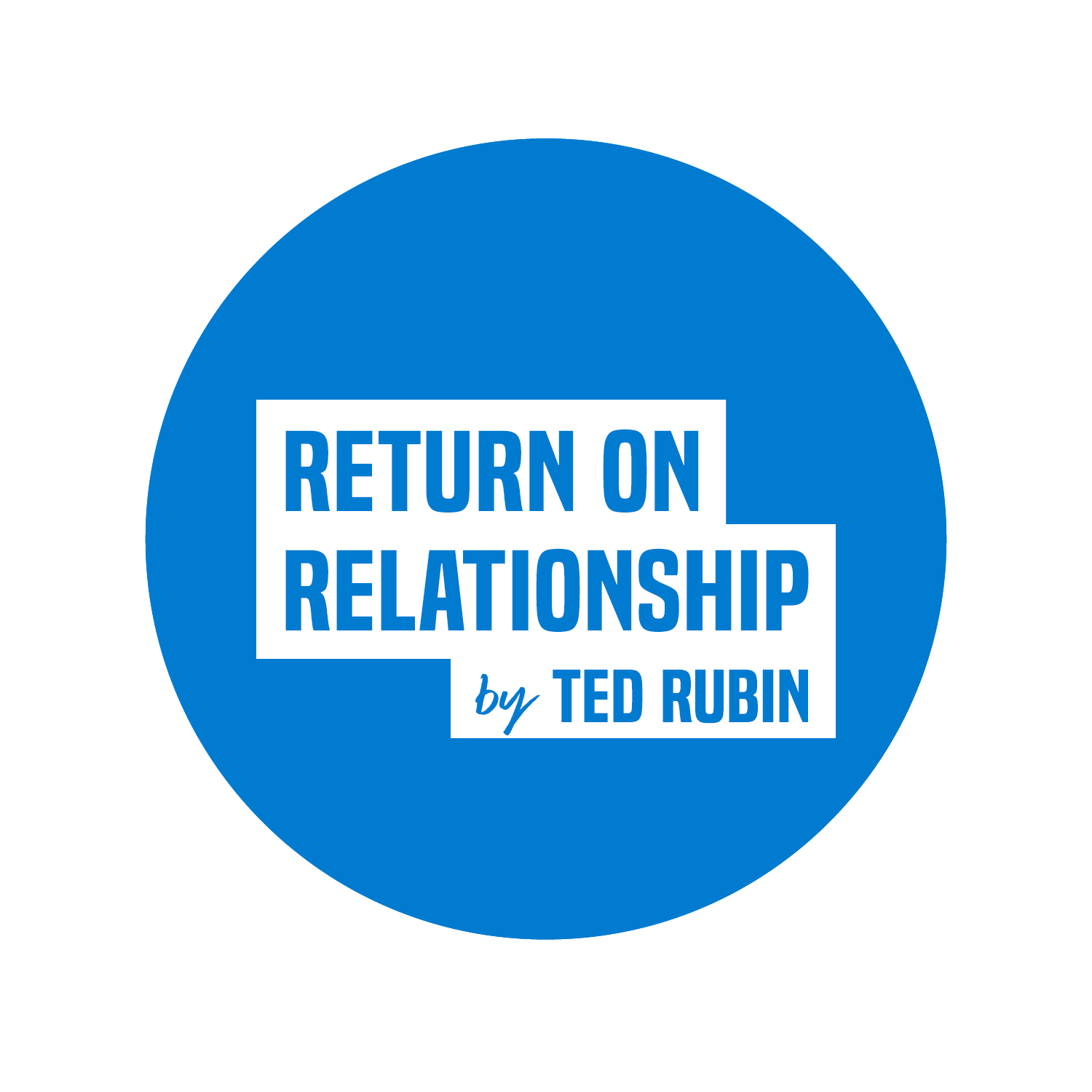Leading in a new video-centric business environment ~via @LMichelleSpeaks
As I work in my private coaching practice, which blends leadership development and strategic communications, I find it interesting to hear how so many professionals are being required to have dozens of "camera-on" conversations and appearances every day. It isn't without its awkwardness either—the work-from-home environment has collided simultaneously with online school at home for many of us, and, well, camera-on isn't always possible.
Imagine giving a keynote message to kick off a large conference with your third-grader doing science class in the next room.
As much as we'd like to gently remind our partners and vendors that some conversations are just fine for the phone or for Slack, reality has set in for many of us that this new video normal won't be going away anytime soon—and some video is mission-critical.
You've also probably noticed the garden variety of your colleagues' and clients' command of the medium. It can range from crystal clear with great audio and great stagecraft to dark, fuzzy, and hard to hear—and everything in between.
Video: the new business imperative
Let's face it: video is now a business imperative. But the question I ask any of my clients when they find themselves in a situation they didn't plan for, or worse, one that's both unexpected and negative is this: what's the opportunity in it?
Video communications could present an opportunity to lead in a different yet very significant way.
So how can you go from simply using video and move toward leading with it? It's time that you weren't just another square on the Zoom call.
Lead with video by commanding the technology
Let's begin with the table stakes. What does it take to deliver the best experience for the people who are watching and listening? Many of you are limited by the equipment provided by employers—or your budget—but there are some simple enhancements you can engage to drastically shift the way you appear on video.
Here I am in my home office
Lighting. I remember when I forced myself to get what we used to call a "selfie light." You know, the light loops that became extremely popular for makeup artists on Instagram and social media influencers? At the time, I was a leader at a Fortune 10, and it took me a while to make the purchase. I reasoned until that point that it was equipment for someone else. I didn't consider myself to be an influencer, and I didn't want anyone to believe that I thought myself to be one. But I had just launched my show, The Culture Soup Podcast®, and while the sound was the most important asset, I was also recording the video for teases and for YouTube, and I wanted it to look good. So, in 2018, I purchased a light loop.
Are you grappling with the same questions about purchasing what amounts to reasonably-priced and efficient lighting for your professional yet authentic communications? My mentor calls the negative self-talk that keeps us from moving forward "the itty bitty committee" in your head.
First of all, who will even know what kind of light you purchased unless you tell them? What they will notice is that they can finally see you better and your shot is crisp. Second, because these lights are now in high demand, they've become even more reliable and there are more brands on the market. The bottom line is this: for a small investment and a quick online order, you could have better lighting for your multiple video communications. Light loops are the most common lighting solution. There are others. If you're a content creator like myself, you may want to look into more robust packages.
Audio. Have you considered how you may sound on video? After all, what's a great picture when you don't have great sound? Although every smart device, laptop, and desktop comes with a built-in device, the quality of sound really is lacking. You might have hesitations. Are you writing it off as something that only a podcaster might need? Are you reasoning that you aren't a podcaster, you're a business professional?
Believe me, I get it. But how convincing are you in your line of work if you sound like you're squawking from a megaphone? You may be heard, and no one will raise a thing about it. But are you leading or blending? Invest in a microphone. It doesn't have to be seen. It doesn't have to be expensive. You'll be surprised at how small and inexpensive these microphones have become. You'll be even more impressed with the quality of sound you produce.
I have one that clips onto the top of my laptop and it sounds even better than the one I use for my podcast. I use it when I travel, so that I don't compromise quality even when I'm on the road.
Know your audience, know their media mix, and deliver appropriately
Any marketer worth their salt will tell you that before you deliver a message, you need to know your audience. In fact, knowing your audience will dictate how you deliver your message. That directly impacts your channel strategy.
Will your audience likely receive your video message on a smart device, on the run? Will they be sitting in their home office? Will they be on the road on a laptop? Will they receive the message through one of those popular email platforms or on social media? Do they rely heavily on their wearables and smartwatches while they work out? Is it best to host a webinar? Will you record or deliver it live?
Considering how and when they'll receive their video from you is incredibly important and has implications for you as you create your video.
Length. Be mindful that, in general, long-form video isn't preferable for busy professionals of any kind. But as you consider how your audience will receive your message, you'll want to ensure that your video is optimal for whatever platform they prefer. For delivery on smart devices, social media platforms, and even the popular email delivery platforms, keep your video "snackable," meaning no longer than a minute.
The popular social media platforms have time limits on the video that can be shared in the news stream as well as in Stories. Some provide you with longer options, but understand that brevity wins in the social sphere.
Content delivery. If you or a colleague will be speaking on camera, consider adopting the journalistic approach: lead with the headline. In other words, say the most important information upfront. You may be tempted to introduce yourself. Consider placing that information in the copy that accompanies your video and instead get right down to business and state what's most important first.
Leverage personalization to retain and attract community and customers
Have you noticed that with the onslaught of video-everything, things may seem a little more impersonal? In fact, the sheer volume of video calls, online masterclasses, video messages, and social media can create a feeling of distance and disconnect. It takes effort to be intentional about doing what the technology is actually meant to do: create a human connection.
How can you use video so that it feels more personal? Personalized video is a fantastic way to move the needle on your conversion or engagement goals.
Speak to one. The most effective speakers know this to be true: even when you stand before a crowd of thousands to speak, for best results, speak to one. Successful marketers understand this too. If you're attempting to use your content to speak to millions, you won't win. This requires that you know your audience so well that you have them personified in your mind and more than likely, on paper. Speak to her, and believe me, the millions like her will follow.
Even on a video call, do the prep work: who is it that you're attempting to persuade on the call? Speak to their pain points as you deliver value. This also works wonders on social media for attracting followers and creating brand loyalty.
Say their name. Some video is more personal simply because of the channels on which it's delivered. Email, text, and direct messages on platforms like social media, Slack, or Yammer all lend themselves to direct communications that are personal. When you have the opportunity to personalize video sent across any of these mediums, you'd be amazed at the surprise and delight that people have when the message contains a video of you speaking directly to them by name and within their own business context.
I leverage one of the new video CRM platforms, Bonjoro, and noticed that when I speak to each of my customers or clients by name—and speak to their anecdotal experience with my product or service—my conversion rates increased by 10%. My subsequent click and open rates to my emails soared, and that means more revenue.
Now, how will you leverage video technology to lead in this brave new world?





